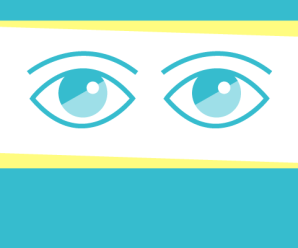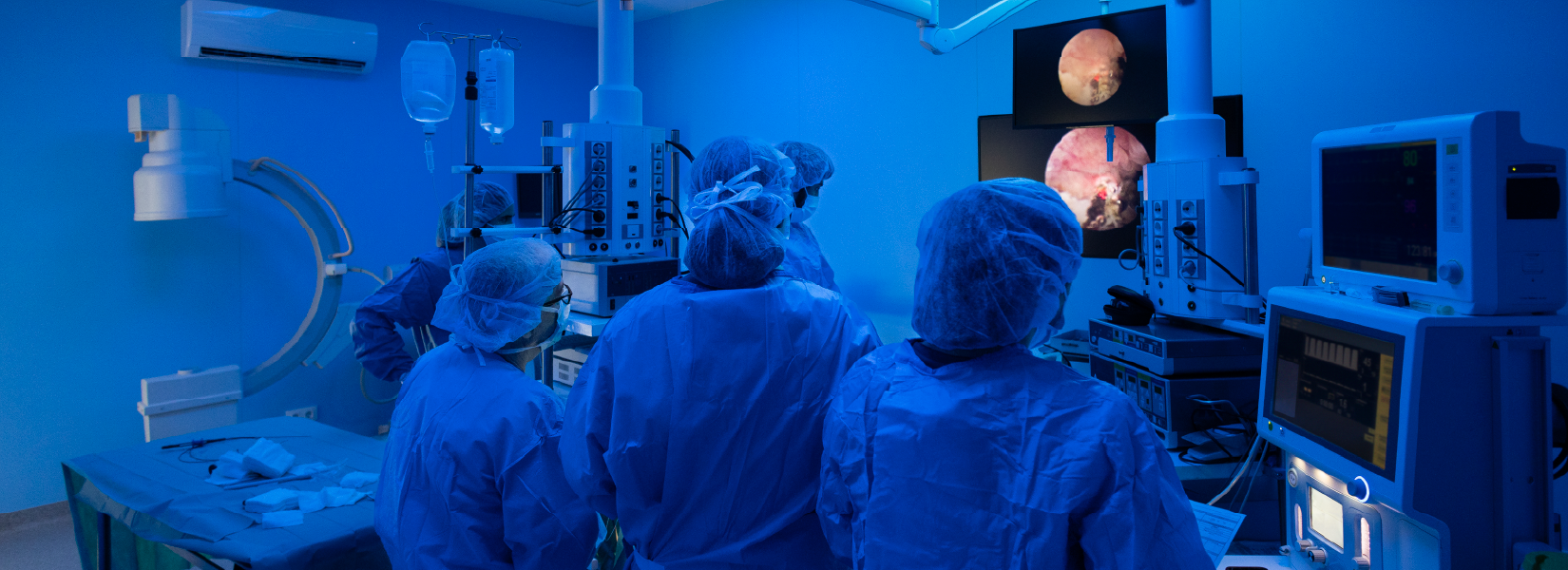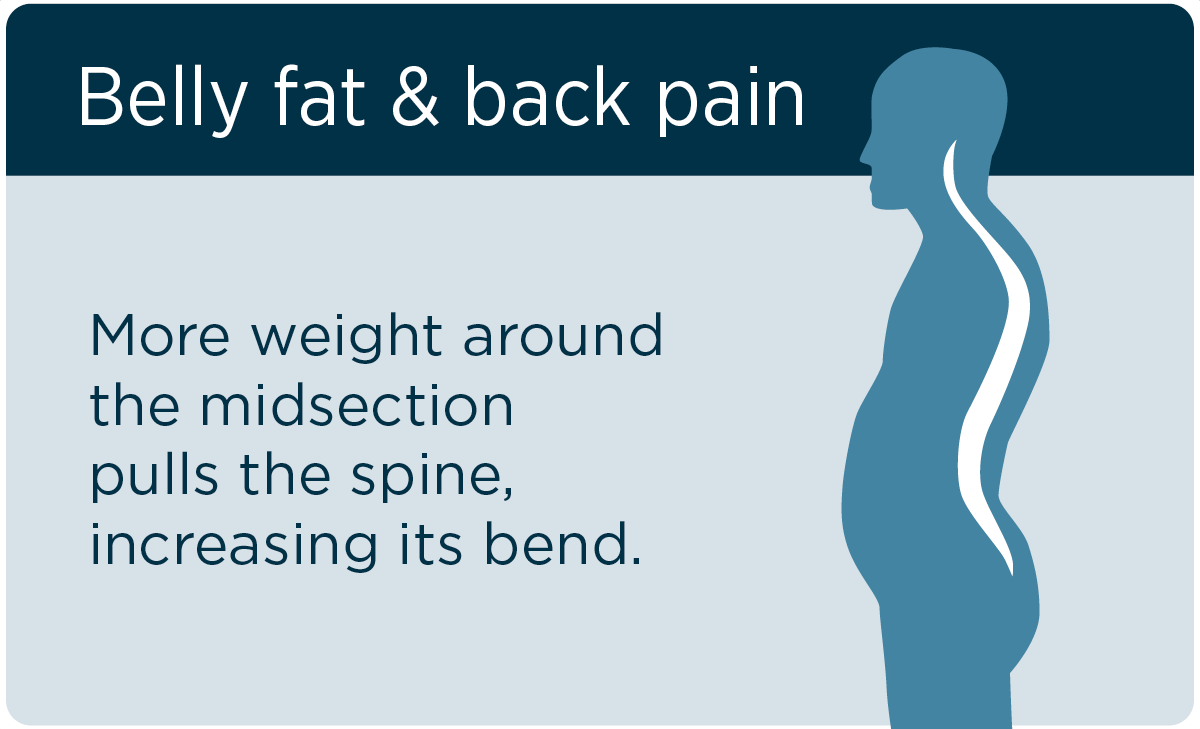
If your doctor has talked with you about your cholesterol levels, you may recall what they are. But would you know what he means when he talks about triglycerides?
Triglycerides and cholesterol are types of fat, or lipids, found in your blood and measured separately through a lab test called a lipid panel. Your body needs both of these lipids, but too much of either one may raise the risk for serious diseases.
Storage for excess calories
You are equipped with a storage system to handle and convert calories. When you eat, your body automatically converts any calories it doesn’t need right away into triglycerides. The triglycerides are stored in your fat cells.
Later, hormones release these triglycerides into the bloodstream for energy between meals.
The problem is, if you regularly eat more calories than you burn, you may have high triglyceride levels.
Cholesterol, on the other hand, is similar to a small factory that makes hormones, vitamin D and other necessary substances. Your little factory makes all the cholesterol you need. It, too, sends unneeded cholesterol into the bloodstream when you consume too much fat in your diet. Over time, it forms cholesterol that can build up and narrow your major arteries.
‘Bad’ cholesterol vs. triglycerides
“Triglycerides are not quite as well known as ‘bad’ LDL cholesterol,” said Dr. Ram Pathak, Marshfield Clinic endocrinologist. “LDL cholesterol is associated strongly with heart disease and strokes. That’s also true of triglycerides, but to a lesser extent.”
Dr. Pathak explained that triglycerides are more closely linked to pancreatitis, a relatively rare inflammation in the pancreas that can become life-threatening.
Doctors look for a normal triglyceride level of less than 150 milligrams per deciliter (mg/dL). Borderline high is 150-199 mg/dL, high is 200-499 mg/dL, and very high is 500 mg/dL.
Promote your own health
The same lifestyle choices that promote your overall health can also help lower your triglycerides. These include:
- Cutting back on calories
- Avoiding sugary and refined foods
- Choosing healthier fats, such as plant-based monounsaturated fat rather than saturated fat found in red meat
- Limiting how much alcohol you drink. Even small amounts can raise triglyceride levels
- Exercising regularly, at least a 30-minute brisk walk on most or all days of the week
If these lifestyle changes aren’t enough to control high triglyceride levels, your doctor may recommend you go on cholesterol-lowering medications such as statins or fibrates, or niacin (Vitamin B3) and fish oil supplements, especially for people with very high levels of triglycerides.






Leave a Reply